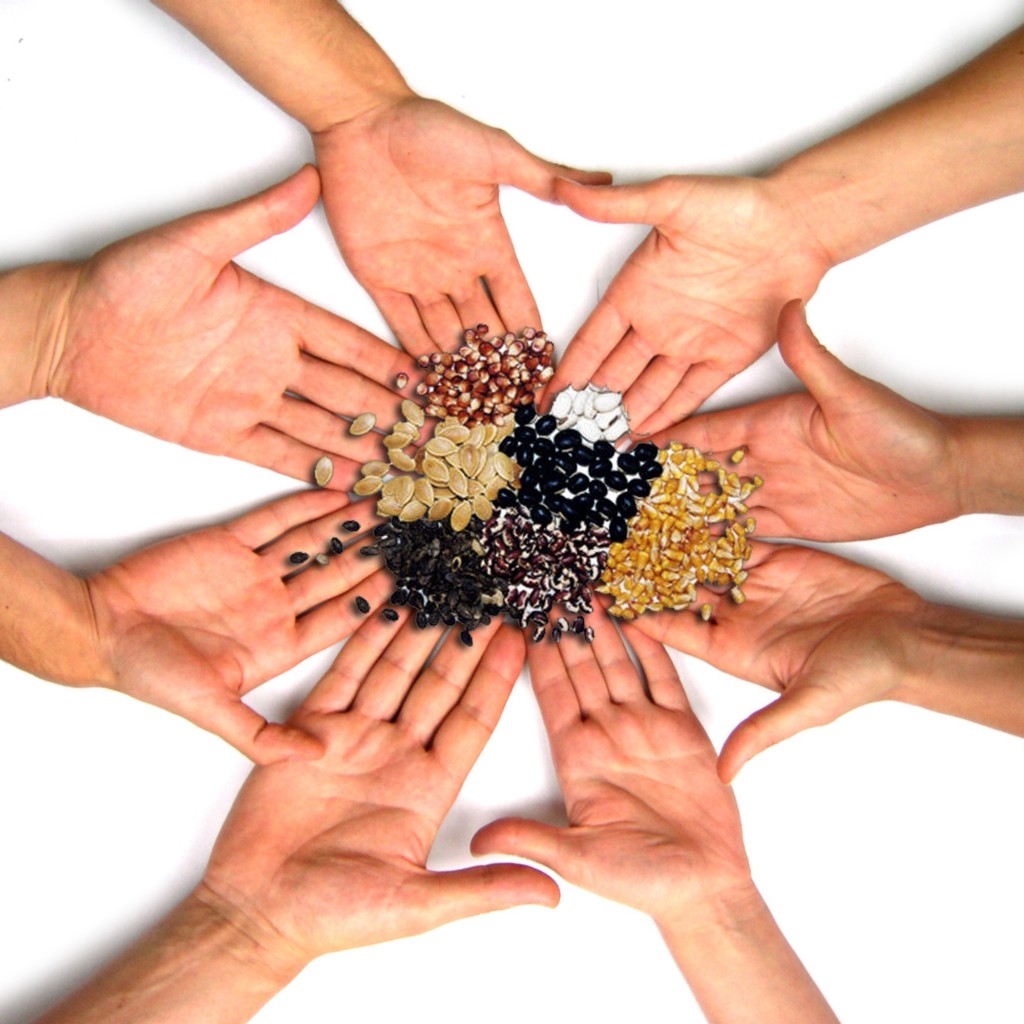 An existing problem with Wayanad’s farming community is not a lack of crop success; rather there is success…of the same crops! Cash crops such as rubber, black pepper, and coffee are three of Wayanad’s principle crops. These usually yield economic growth for the developing farmer; however, Wayanad’s farmers favor these crops to such an extent that the market is saturated; thus leading to reduced profits. In other words, too many farmers are growing coffee, rubber, and black pepper, resulting in a supply that is greater than the demand. This is counterproductive to Profugo’s mission of sustainable development because Wayanad’s farmers are making less money for their crops. In light of this recent problem, I was asked to research ways in which Profugo can promote agrodiversity, the practice of incorporating multiple organisms, landscapes, technologies, and management strategies to promote diverse systems that are more resilient and adaptable. Through agrodiversity, Wayanad’s farmers can diversify their crop yields, which will then lead to greater profits, as the market will no longer be saturated. Not only will farmers develop economically, but by promoting agrodiversity they will also preserve the environment for future generations.
An existing problem with Wayanad’s farming community is not a lack of crop success; rather there is success…of the same crops! Cash crops such as rubber, black pepper, and coffee are three of Wayanad’s principle crops. These usually yield economic growth for the developing farmer; however, Wayanad’s farmers favor these crops to such an extent that the market is saturated; thus leading to reduced profits. In other words, too many farmers are growing coffee, rubber, and black pepper, resulting in a supply that is greater than the demand. This is counterproductive to Profugo’s mission of sustainable development because Wayanad’s farmers are making less money for their crops. In light of this recent problem, I was asked to research ways in which Profugo can promote agrodiversity, the practice of incorporating multiple organisms, landscapes, technologies, and management strategies to promote diverse systems that are more resilient and adaptable. Through agrodiversity, Wayanad’s farmers can diversify their crop yields, which will then lead to greater profits, as the market will no longer be saturated. Not only will farmers develop economically, but by promoting agrodiversity they will also preserve the environment for future generations.
There are many ways to promote agrodiversity; however, I wish to highlight the use of agricultural networks because these networks bring farmers and organizations together. Remember, collaboration breeds success. Agricultural networks connect a set of diverse actors, for example, farmers, NGOs, government ministries, and farmer field schools as a way to exchange innovative and sustainable agricultural methods and resources. In addition, agricultural networks can prevent saturation of the market by facilitating decisions regarding each farmer’s products, resulting in a more diverse market as different crops can be allocated to different farmers.
Here at Profugo, we jump at the opportunity to collaborate and share resources with like-minded organizations! One agricultural network that I found is Fair Trade Alliance Kerala. This organization of 4,500 farmers promotes fair market access, sustainable farming methods, gender equality, homestead farming, seed swapping, and organic farming. All of these goals reflect Profugo’s mission of bettering lives through sustainable methods. Of particular interest are gender equality and seed swapping. We are excited to work with Fair Trade Alliance Kerala because we want to ensure that women receive the same opportunities through farming and are thoroughly included in economic development. Seed swapping is the process of promoting genetic heterogeneity in plants by saving unused seeds and swapping them at local and national seed swapping events. Seed swapping is particularly enticing because it promotes agrodiversity as well as human development, as the community gathers together and celebrates their various seeds and crops. The Fair Trade Alliance Kerala organized a Seed Fest in January of this year. We are looking forward to contacting this group because we plan on participating in the festival next year, in the hopes that both civic engagement and economic development will result!
As Wayanad’s farmers cultivate the soil, we at Profugo cultivate relationships with other organizations that promote goals synonymous with ours. While independence is a valuable trait, Profugo recognizes that collaboration with similar groups facilitates more opportunities and access to resources, all of which are necessary in promoting sustainable development in an interconnected world. We are truly excited to build a relationship with organizations such as the Fair Trade Alliance Kerala!

Leave a Reply
You must be logged in to post a comment.